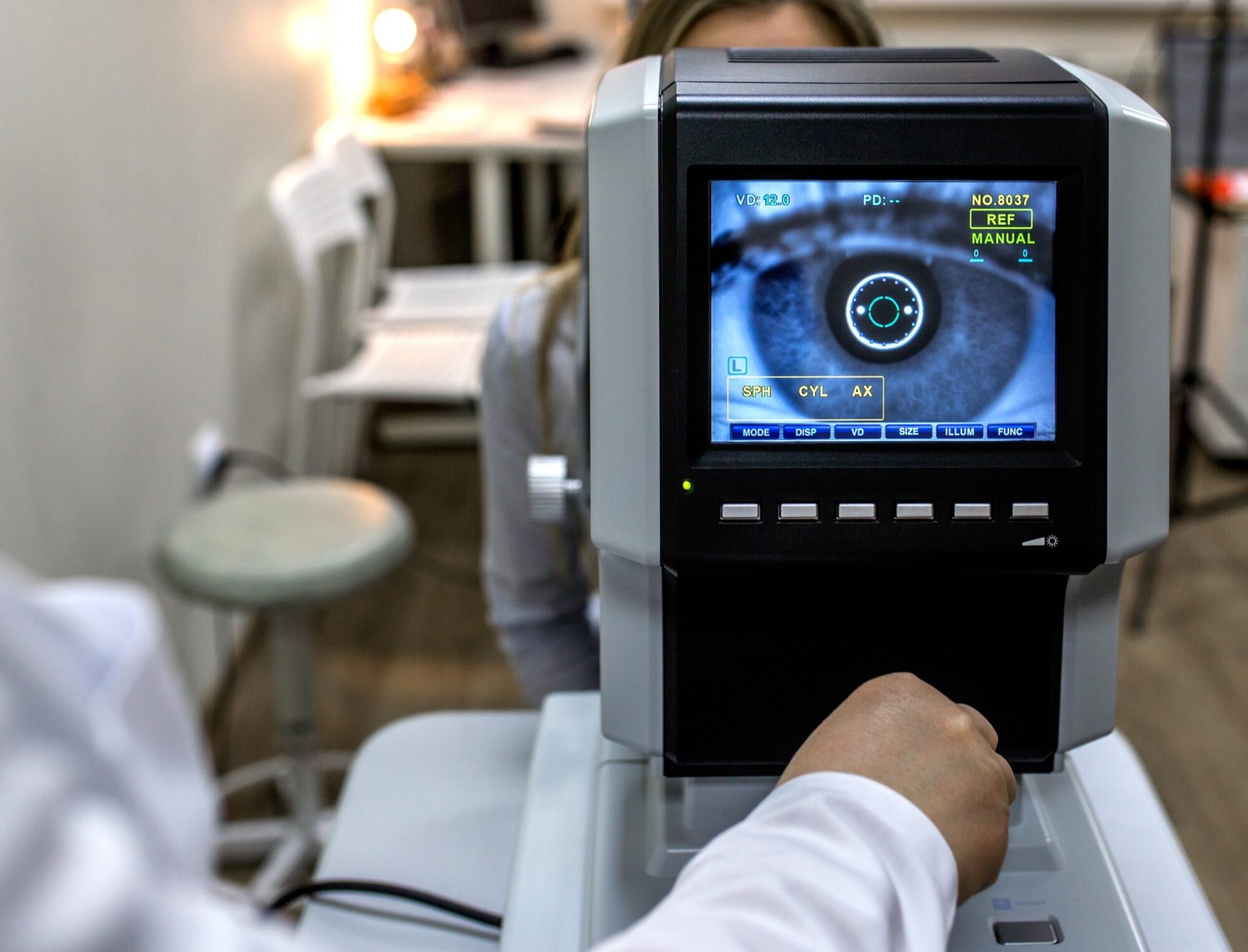
Technology is rapidly reshaping the healthcare landscape, and optometry is no exception. From advanced diagnostic tools to streamlined practice management systems, technology is playing an increasingly crucial role in modern optometry practices.
Revolutionizing Patient Care
One of the most significant impacts of technology in optometry is in diagnostic precision. Tools like Optical Coherence Tomography (OCT) have transformed how optometrists diagnose and monitor eye conditions. OCT allows for non-invasive, high-resolution imaging of the retina, enabling early detection of diseases like glaucoma and diabetic retinopathy.
Efficient Practice Management
Beyond diagnostics, technology has made it easier for optometrists to manage their day-to-day operations. Cloud-based practice management software allows for seamless appointment scheduling, billing, and patient record-keeping. These tools not only save time but also reduce the risk of human error.
Telehealth in Optometry
With the rise of telehealth, optometrists can now consult with patients remotely. This is particularly useful for follow-up appointments or consultations with patients in rural areas. Telehealth has opened new doors for accessibility and patient engagement.
Conclusion
Technology is revolutionizing both patient care and practice management in optometry. As the field continues to evolve, practices that leverage these advancements will be better equipped to provide top-tier care and maintain operational efficiency.
